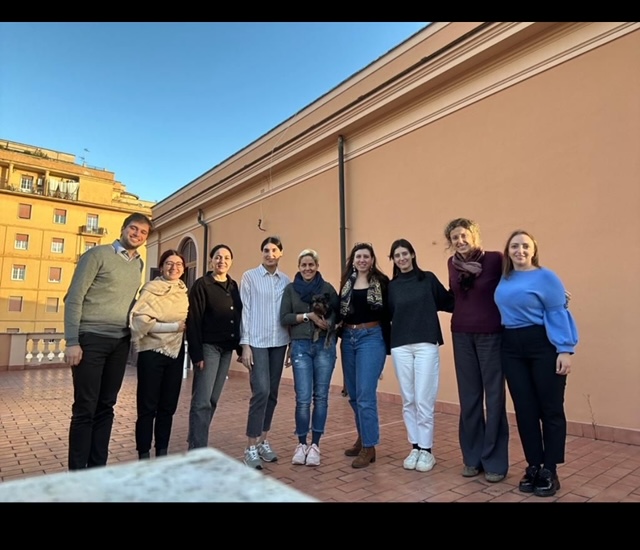The TPG-LRC CoRE (Thematic Peer Group – Lisbon Recognition Convention Operational Realisation and Evaluation) Staff Mobility event held in Italy from November 27-28, 2023, marked a significant collaboration between Armenia, Italy, France, Lithuania, and Georgia. Lusine Hambardzumyan, the credential evaluator of ArmENIC, participated in this enriching program aimed at achieving Automatic Recognition and recognizing Alternative Pathways. This comprehensive report provides an in-depth overview of the two-day event, detailing key discussions, presentations, and outcomes. The event formally began with warm welcome addresses, setting the stage for a collaborative and knowledge-sharing environment. Objectives were outlined, emphasizing the unique opportunity for participants to exchange experiences and insights on two specific thematic indications: achieving Automatic Recognition and the recognition of Alternative Pathways.
A comprehensive presentation on CIMEA by Chiara Finoccietti, the director of the Italian National Academic Recognition Information Centre, offered participants a deeper understanding of its important role in fostering international cooperation in education. Key areas such as academic mobility, recognition procedures, and collaboration with international counterparts were highlighted.
After Chiara Finoccietti credential evaluator from ArmENIC and credential evaluators from other centers present their ENIC-NARIC centers.
The latter part of the meeting was dedicated to achieving Automatic Recognition, a key theme of the day. Participants engaged in collaborative discussions, sharing experiences, and exploring the latest developments at the national level. Notably, the staff mobility program incorporated a unique approach, with participants from Armenia and Italy. This innovative collaboration aimed to provide added value to the overall activity by bringing together diverse experiences from different countries.
The TPG-LRC CoRE Staff Mobility in Italy was a great learning experience for everyone. Attendees worked together to deal with the challenges and opportunities of making Automatic Recognition and recognizing Alternative Pathways. As people go back to their centers, the things they learned and the connections they made during this program will help in following through on important promises about national laws and processes that follow the Lisbon Recognition Convention. The teamwork shown during these two days sets things up for more working together and progress in how education is recognized and moved around.





